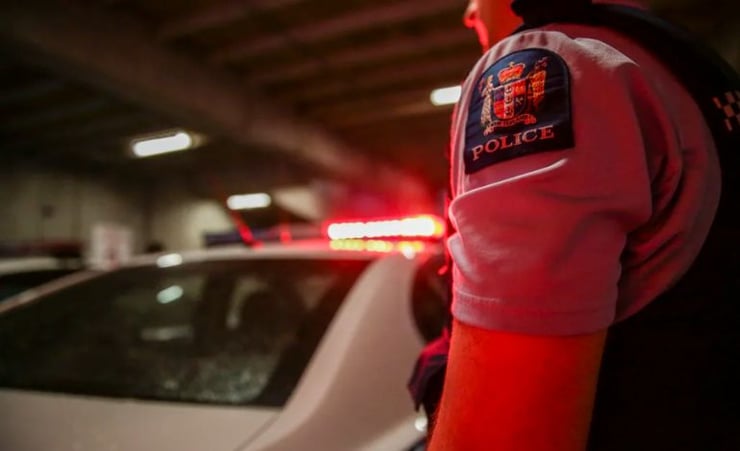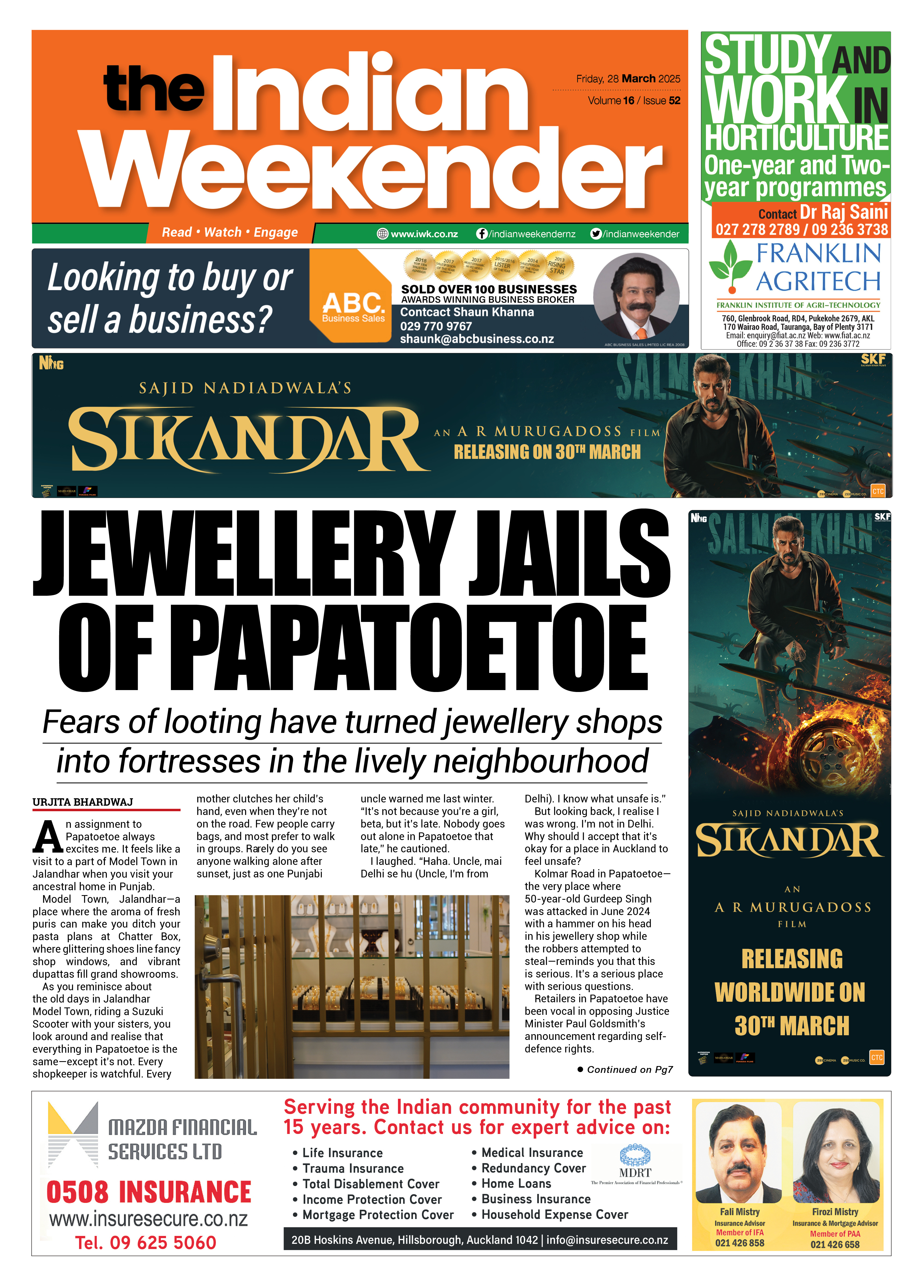Hate Incidents On The Rise In NZ, Racial Abuse At Top

Police now have two years worth of data on the types of hate incidents reported across New Zealand - including regional breakdowns and the demographics targeted - but it's unclear when the country will make hate crimes a standalone offence, nearly five years on from the Christchurch terror attacks.
The number of hate incidents reported to police has increased by 12 percent between 2022 and 2023.
Race-motivated abuse made up 83 percent of all complaints over the past two years, followed by incidents targeting people's sexual orientation (9.7 percent), and those targeting people of a certain faith (5.8 percent).
Of the 9351 hate incidents reported between January 2022 and January 2024, more than a third targeted people of Asian descent, followed by 8.9 percent aimed at people of colour and 7.2 percent targeting Maori.
Auckland had more than 3700 cases reported, the highest among all major centres, followed by Canterbury and Wellington, both with about 11,000 incidents reported.
The data comes from 2.5 years of the Te Raranga initiative - a four-year police programme to set up a system of recording hate crimes and improve support to victims.
The initiative stemmed from a recommendation from the Royal Commission of Inquiry into the Christchurch terror attacks.
Picking the threats to report
Meanwhile, victims continue to feel vulnerable to abuse in the absence of legal protections from hate-motivated incidents.
Rizwaana Latiff - who is of South Asian and African descent, and of Islamic faith - said she frequently experiences racist abuse and that it comes down to a matter of picking her "battles" in terms of reporting it to the police.
She was recently verbally abused by a man at a swimming pool in Hastings who said he didn't want to share a pool with someone of her skin colour, and shouted "f***ing b***, black b****" at her.
Latiff said she experienced racist threats when she ran in the local elections in Hastings last year - including "terrorist" spray painted over her campaign billboards, and threatening notes in her letterbox.
'They were like 'you're coming here, you're taking our jobs'…and they said something about my name, and they said that I was just a piece of black s***," she said.
Latiff has reported some of the incidents to the police, but she questions what actions police can take other than recording the complaint.
She said she would like to see more ethnic liaison officers in the regions.
Currently, hate can be considered as an aggravating factor in sentencing, but it is not a standalone offence.
The Royal Commission of Inquiry(RCOI) into the 15 March terror attacks had recommended the government to create a separate hate crime offence.
In March last year, the ministerial advisory group monitoring the response to the Commission's recommendations - Kāpuia - wrote to the then Justice Minister Andrew Little, expressing "deep concerns" about the speed of the government's response to RCOI's recommendations relating to hate speech, incitement and hate crime.
'Serious attempt' needed to ensure speedy passage of legislation
Kāpuia chairperson Arihia Bennett said in the letter she was "deeply disappointed" that the government had referred some of this important work to the Law Commission.
Bennett said they had passed on their advice to the new lead minister for the Royal Commission of Inquiry Response Judith Collins, but had not heard back yet.
Meanwhile, former Race Relations Commissioner Meng Foon said he wanted the new government to prioritize the legal reforms in hate crimes and hate speech.
"I would encourage the new Minister of Justice to actually make a serious attempt to ensure legislation is put in as soon as possible," he said.
Foon is calling for more accessible channels for reporting of hate incidents.
"I definitely believe that there should be more publicity and communications with our communities in terms of reporting these things separately and making it easy," he said.
He is also encouraging more people to report their experiences of hate and prejudice.
"The more information we have, the more effective and efficient, that will inform legislation going forward and how the courts will deal with it," he said.
When asked about the government's plans for implementing hate crime and hate speech laws, Justice Minister Paul Goldsmith said in a statement:
"The government is currently focused on its 100-day plan and coalition commitments around restoring justice. All other potential work items will have to considered in due course."
Minister Judith Collins said she would be meeting with Kapuia to hear their concerns.
But she said the coalition agreement with New Zealand First included a policy to stop the work on reforming the hate speech legislation.
Police Minister Mark Mitchell said he would support initiatives by police to reduce the number of hate incidents.
However, the minister would not comment on the latest data on hate incidents and Asian communities being overwhelming targeted, saying these matters are "operational".
He also would not comment on the progress of the Te Raranga programme to date, and whether it is on track to meeting its targets.





